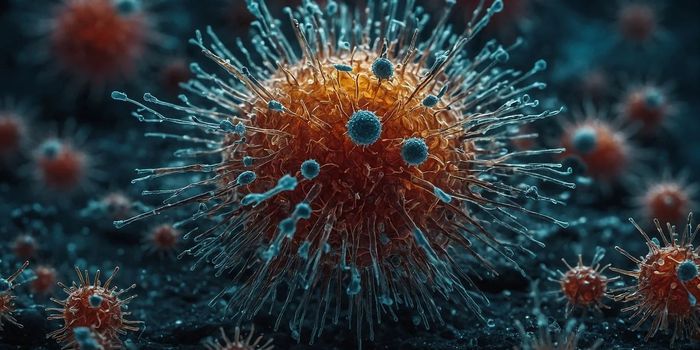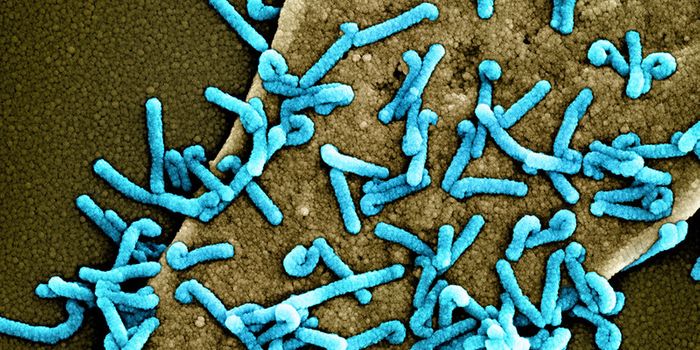The Stress of Drought Increases VOC Emissions from Rainforest Soil Microbes
The Amazon rainforest has been through periods of serious drought in recent years, some of which have been accompanied by major fires. While there were fewer fires in the Amazon this year compared to recent years, there has also been a dramatic upsurge in fire activity in the Amazon in recent weeks. September also tends to be the month of the year in which most fires occur in the Amazon. As drought stress increases in the Amazon, in part because of human activities and partly because of climate change, studies that have used computer modeling have suggested that drier periods and areas in the Amazon could expand significantly.
These environmental changes affect many things, like plants, animals, and even the bacteria in the soil. Another new study has recently shown that prolonged periods of drought influence the emission and absorption of biogenic volatile organic compounds (VOCs) by soil microbes. The findings have been reported in Nature Communications.
"The data evaluated suggests that prolonged drought stress progressively reduces the capacity of the soil to consume atmospheric VOCs and, at same time, the soil starts to be a source of VOCs. We were able to identify a soil moisture content of 19 percent as a critical threshold below which this shift in soil behavior occurs," said first study author Dr. Giovanni Pugliese.
In this study, the researchers used radiolabeled carbon to show that when soil microbes are exposed to prolonger drought, they generate significantly more atmospheric VOCs than they absorb. When the soil got wet again, the release of some VOCs actually increased even more.
"Our measurements have demonstrated that soil rewetting induce a rapid, albeit brief, abiotic emission peak of carbonyl compounds and a slow, but more persistent biotic emission peak of sulfur-containing compounds," added Pugliese.
The research was conducted in an experimental rainforest, part of the research facility known as Biosphere 2. This enabled the researchers to gather data under conditions that were controlled and defined.
"We now know that drought stress can profoundly affect the behavior of VOC fluxes to and from soil. Since current climate models predict that the Amazon rainforest region will suffer more frequent and prolonged droughts in [the] future, we need to incorporate these newfound soil effects into atmospheric models to improve ecosystem response predictions, and simulations of future regional atmospheric chemistry and climate," said senior study author Dr. Jonathan Williams, a Professor at the Max Planck Institute for Chemistry.
Sources: University of Freiburg, Nature Communications









